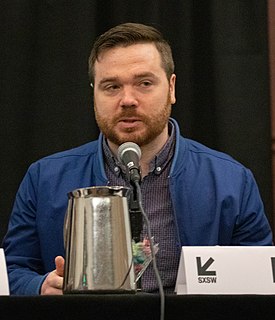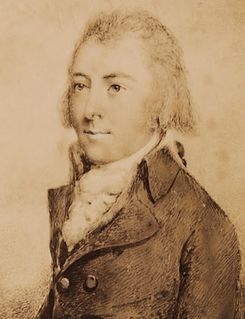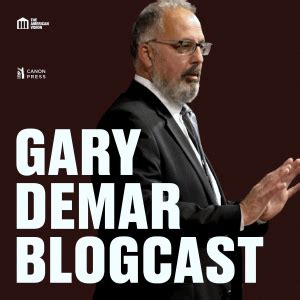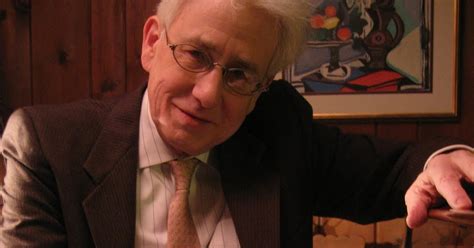A Quote by Kevin Roose
I certainly had qualms about writing my piece in the first place, since I knew I couldn't express my disdain for many of Rev. Falwell's teachings. But I don't regret having written about the sides of Rev. Falwell that had nothing to do with politics or religion - his grandkids, his ministry for ex-alcoholics, his penchant for practical jokes. I think it's important to recognize the humanity in everyone, even those we strongly disagree with.
Quote Topics
About
Alcoholics
Certainly
Disagree
Disdain
Don't Regret
Even
Everyone
Express
First
First Place
Grandkids
Had
Having
His
Humanity
Important
Jokes
Knew
Many
Ministry
Nothing
Piece
Place
Politics
Practical
Practical Joke
Qualms
Qualms About
Recognize
Regret
Religion
Sides
Since
Strongly
Teachings
Think
Those
Writing
Written
Related Quotes
He was about to go home, about to return to the place where he had had a family. It was in Godric’s Hollow that, but for Voldemort, he would have grown up and spent every school holiday. He could have invited friends to his house. . . . He might even have had brothers and sisters. . . . It would have been his mother who had made his seventeenth birthday cake. The life he had lost had hardly ever seemed so real to him as at this moment, when he knew he was about to see the place where it had been taken from him.
Thomas swallowed, wondering how he could ever go out there. His desire to become a Runner had taken a major blow. But he had to do it. Somehow he KNEW he had to do it. It was such an odd thing to feel, especially after what he'd just seen... Thomas knew he was a smart kid- he somehow felt it in his bones. But nothing about this place made any sense. Except for one thing. He was supposed to be a Runner. Why did he feel that so strongly? And even now, after seeing what lived in the maze?
Emile Saint-Blague had been a lively, versatile painter in his youth, but he had abused his energy by painting too many pictures; so that in what might have been the ripe period of his art he had nothing left but ideas. A man who has nothing left but ideas may be of great service to his friends, but he is of no use at all to himself. Emile was certainly an inspiration to his friends.
Why is it that the Rev. Jesse Jackson can quote the Bible in support of his pet causes, but conservative ministers and lay people must argue purely on secular grounds for their social and political agenda?... It seems that mixing religion and politics is acceptable as long as the road turns to the left.
There was no God in his heart, he knew; his ideas were still in riot; there was ever the pain of memory; the regret for his lost youth-yet the waters of disillusion had left a deposit on his soul, responsibility and a love of life, the faint stirring of old ambitions and unrealized dreams...... And he could not tell why the struggle was worth while, why he had determined to use to the utmost himself and his heritage from the personalities he had passed... He stretched out his arms to the crystalline, radiant sky. I know myself," he cried, "but that is all.
His face set in grim determination, Richard slogged ahead, his fingers reaching up to touch the tooth under his shirt. Loneliness, deeper than he had never known, sagged his shoulders. All his friends were lost to him. He knew now that his life was not his own. It belonged to his duty, to his task. He was the Seeker. Nothing more. Nothing less. Not his own man, but a pawn to be used by others. A tool, same as his sword, to help others, that they might have the life he had only glimpsed for a twinkling. He was no different from the dark things in the boundary. A bringer of death.
[Raymond Roussel] said that after his first book he expected that the next morning there would be a kind of aura around his person and that everyone in the street would be able to see that he had written a book. This is the obscure desire harboured by everyone who writes. It is true that the first text one writes is neither written for others, nor because one is what one is: one writes to become other than what one is. One tries to modify one's way of being through the act of writing.

































